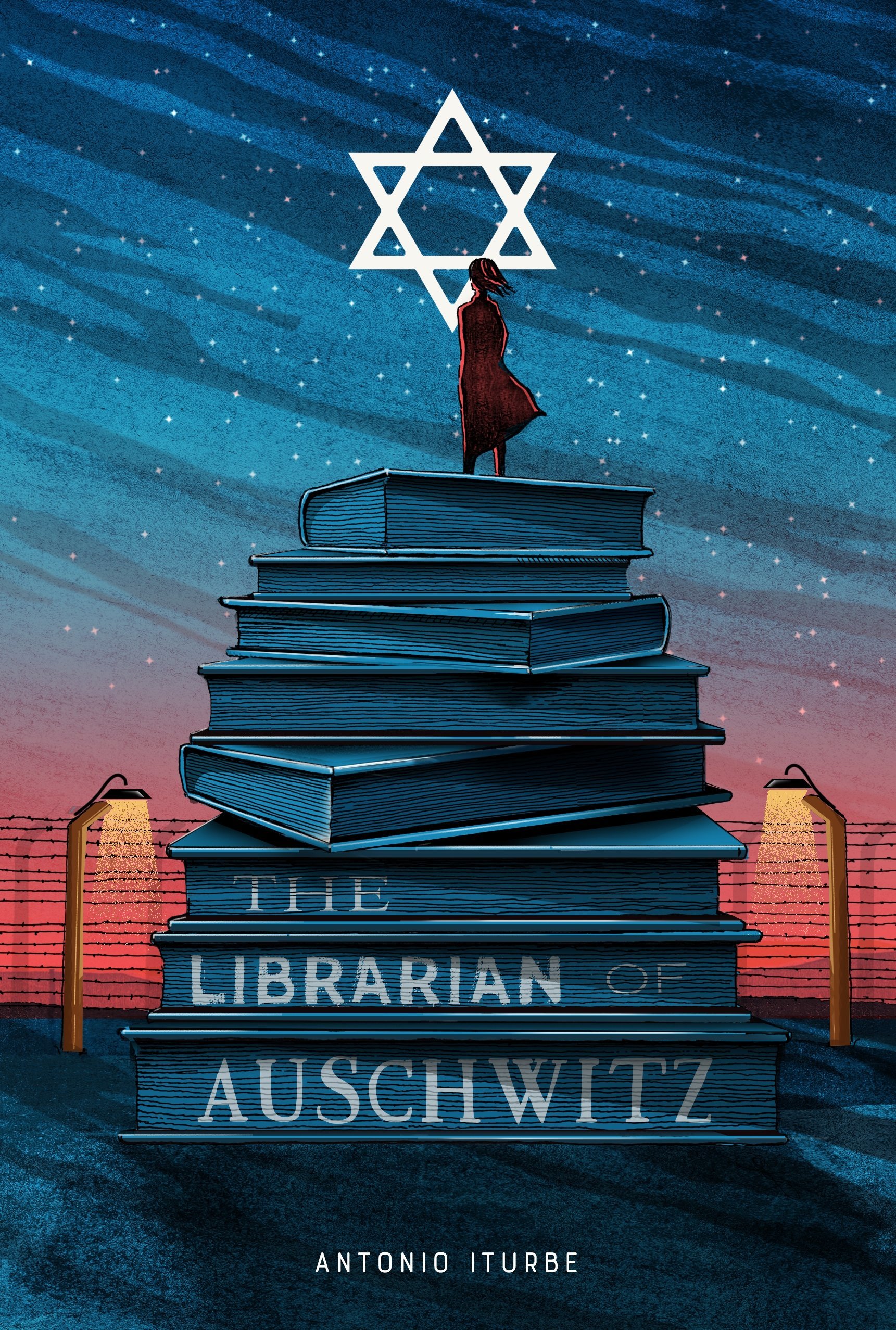
The Book Thief
Book Description
Words are the ultimate weapon, and in Nazi Germany, one girl discovers their extraordinary power. As the air thickens with fear and oppression, a young girl named Liesel steals books to fuel her imagination and defy the darkness around her. In a world where friendship, love, and loss intertwine, she finds solace in the written word, even as the shadows of war draw closer. Amidst the chaos, can one girl’s act of rebellion through storytelling change the fate of those she cherishes? In a tale narrated by Death, what truths will be revealed when the pages are turned?
Quick Book Summary
Set in Nazi Germany during World War II, "The Book Thief" follows Liesel Meminger, a young girl sent to live with foster parents in the small town of Molching. Haunted by personal loss and surrounded by the horrors of war, Liesel turns to books—first stolen, then lovingly shared and written—as a means of understanding and coping with the world around her. With the guidance of her foster father Hans and the friendship of Rudy, Liesel comes of age amidst great peril. Death, the story’s philosophical narrator, weaves together Liesel’s journey and the fate of those around her, highlighting the transformative and redemptive power of words even in humanity’s darkest hours.
Summary of Key Ideas
Table of Contents
The Transformative Power of Words and Stories
Liesel Meminger’s journey begins with loss—her brother dies and her mother is forced to give her up, sending her to live with foster parents Hans and Rosa Hubermann. The trauma of her early experiences shapes her psychic world, and books soon become her refuge. Encouraged by Hans, Liesel learns to read using The Gravedigger’s Handbook, her first stolen book, and quickly develops a passion for words. In a town shadowed by fear and cruelty, she bonds with her neighbor Rudy, experiences the oppressive environment of Nazi Germany, and contends with the weight of growing up in a world transformed by hatred and war.
Loss, Love, and Family Amidst War
The narrative, uniquely told by Death, provides a haunting and empathetic perspective to the story. Death observes both the beauty and brutality of the human experience, noting the paradoxes in the world of Nazi Germany: the increasing devaluation of life versus the enduring power of stories. Death’s omniscience brings a philosophical depth to the novel, narrating not only Liesel’s personal growth but also the collective trauma endured by her community as the war intensifies and the bombing of Molching becomes imminent.
Moral Courage and Resistance in Dark Times
Central to the plot is Liesel’s relationship with books, which she steals out of necessity but eventually cherishes. Sharing stories becomes an act of resistance and sanctuary—most notably with Max Vandenburg, a Jewish fugitive hidden by the Hubermanns. Through secret readings and the writing of her own story, Liesel offers hope to Max and her neighbors during air raids. Books bridge the divides wrought by Nazi ideology, becoming symbols of resilience, humanity, and comfort amidst fear and loss.
The Humanization of Death
Liesel’s relationships with her foster parents, Rudy, and Max illuminate themes of love, friendship, sacrifice, and moral courage. Hans’ quiet defiance of Nazi expectations, Rosa’s tough love, and Rudy’s loyalty all exemplify the power of compassion and personal integrity in the face of systemic evil. The bonds Liesel forms with those around her shape her character and provide emotional sustenance as the world she knows collapses under the weight of war and violence.
Friendship, Compassion, and Small Acts of Defiance
Ultimately, "The Book Thief" confronts the devastation of conflict and the fragility of life. Liesel’s survival amidst tragedy, and her insistence on storytelling, underscore the enduring impact of words in shaping memory and meaning. As Death collects the souls of the departed, the novel affirms that even in the darkest epochs, small acts of kindness, the sharing of stories, and the courage to remember are lifelines that sustain humanity.
Download This Summary
Get a free PDF of this summary instantly — no email required.





